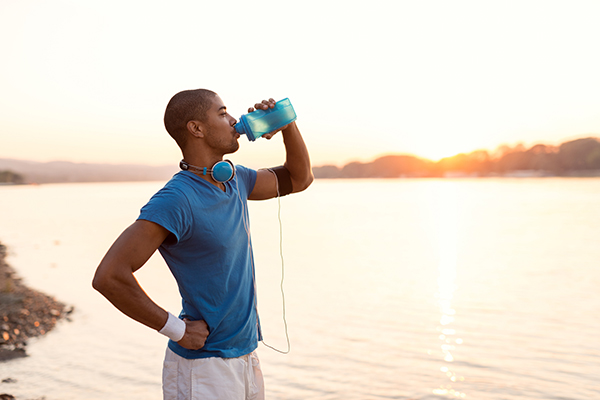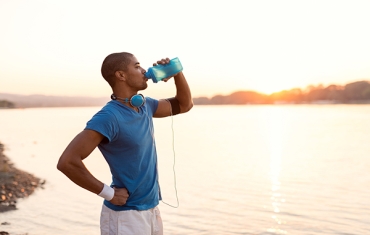
For athletes, proper hydration is key to optimizing performance and preventing injuries. By maintaining the elasticity and strength of ligaments and lubricating joints, staying hydrated reduces the risk of strains, tears, and other injuries. Understanding and implementing effective hydration strategies can transform your training regimen and overall health. Learn how dispelling common hydration myths and following best practices can significantly enhance your athletic performance and ensure long-term resilience.
The Importance of Hydration in Athletic Performance
Hydration plays a critical role in regulating body temperature, maintaining electrolyte balance, and supporting muscle function during exercise. Dehydration can lead to decreased endurance, muscle cramps, and impaired cognitive function, affecting overall athletic performance.
Common Hydration Myths
The most common myth is that thirst is a reliable indicator of dehydration. However, by the time you feel thirsty, you may already be dehydrated. It's essential to drink fluids a few hours before exercise, and especially during intense activities.
Another misconception is that hydration isn’t important in cold weather. In fact, cold weather might not feel as thirsty, but your body still loses fluids through respiration and sweat. Athletes should adopt a balanced approach to hydration tailored to their individual needs, considering factors like exercise intensity, duration, and environmental conditions.
Hydration and Injury Prevention: Effect on Ligaments and Joints
Adequate hydration supports joint lubrication and cartilage health, reducing the risk of ligament sprains, muscle strains, and joint inflammation. Maintaining fluid balance is essential for preserving joint function and minimizing the likelihood of overuse injuries.
Best Practices for Optimal Hydration
Developing a hydration plan that includes pre-hydration before exercise, regular fluid intake during activity, and post-exercise rehydration is essential. Electrolyte-rich drinks can help replenish minerals lost through sweat during prolonged or intense workouts.
Proper hydration helps lubricate joints, reducing friction and wear, which can lead to pain and injury. It also supports the elasticity and strength of ligaments, decreasing the likelihood of strains and tears. By staying well-hydrated, your body can perform at its best, recover quickly, and remain resilient against the physical demands of your sport. Hydration plays a crucial role in maintaining joint and ligament health, essential for preventing injuries and optimal performance.
AUTHOR: Geoffrey Van Thiel, MD is a board-certified orthopedic surgeon specializing in sports medicine treatments of the hip, knee, and shoulder, with a focus on compassionate cutting edge care. Dr. Van Thiel’s commitment to athletics and an active lifestyle is evident in both his personal belief that activity leads to better health, and his involvement with the Chicago Blackhawks Medical Network, AHL Rockford IceHogs and US National Soccer Teams.





